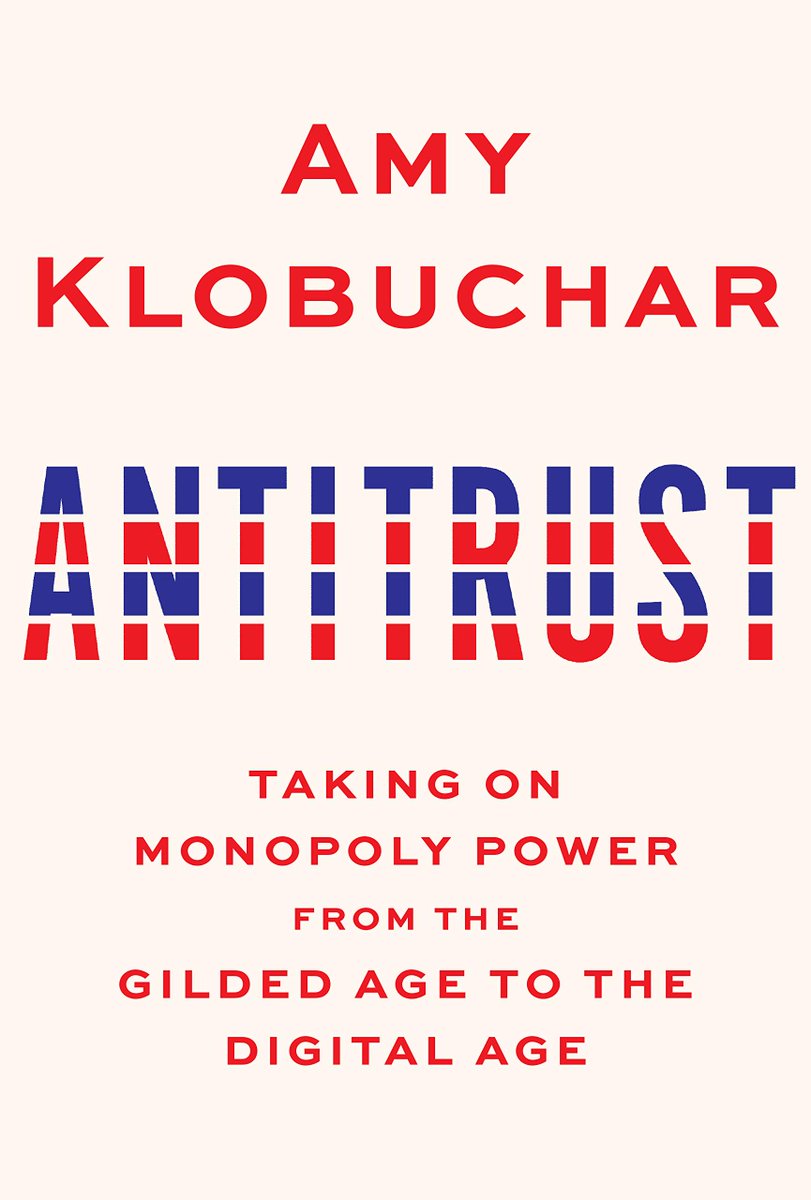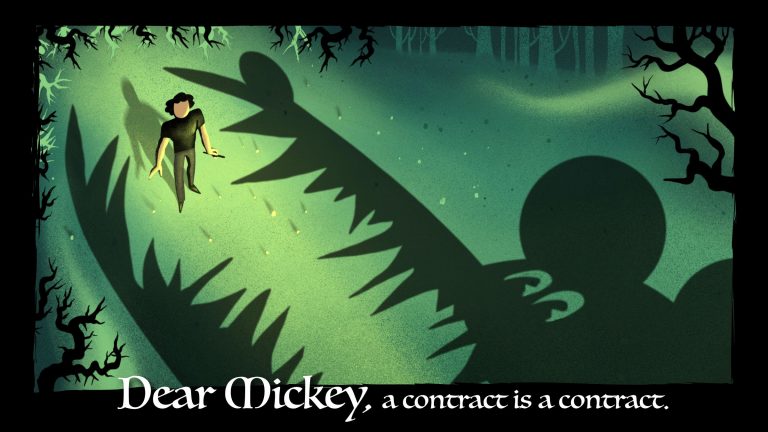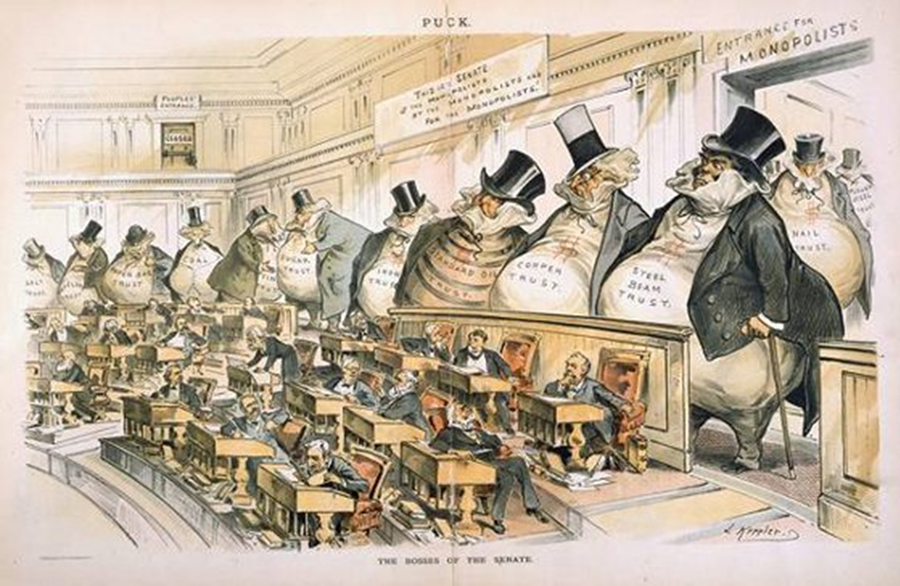
When @amyklobuchar introduced her Competition and Antitrust Law Enforcement Reform Act (CALERA), I called it a "big fucking deal," because it would do away with Ronald Reagan and Robert Bork's "consumer welfare" standard for antitrust action.
pluralistic.net/2021/02/06/cal…
1/
pluralistic.net/2021/02/06/cal…
1/

Prior to the Reagan years, US courts and prosecutors went after monopolies because monopolies were considered harmful on their own - they gathered too much power into too few hands, to the detriment of workers, suppliers, the environment, policy, and consumer pricing.
2/
2/
But Robert Bork - a Nixonite criminal whose actions were so odious the Senate refused to confirm him for the Supreme Court - promoted a bizarre Qanon-like theory that if you looked hard enough at the laws, that's not what they said at all.
3/
3/
Rather, the US's four antitrust statutes were ONLY concerned with harms to "consumer welfare" (higher prices), and these harms could only be predicted or proven through the use of mathematical models that only Bork and his friends at the University of Chicago could interpret.
4/
4/
They established themselves as a kind of priesthood: whenever a merger was contemplated or a post-merger company raised prices, the priests would slaughter an ox (make a model) and read the truth in its guts.
5/
5/
Only they were qualified to perform this ritual and they never found a monopoly they didn't like.
This was OBVIOUSLY a scam - and equally obvious was the fact that US antitrust law unambiguously is not limited to "consumer welfare."
6/
This was OBVIOUSLY a scam - and equally obvious was the fact that US antitrust law unambiguously is not limited to "consumer welfare."
6/
But replacing muscular antitrust with "consumer welfare" meant that rich people could get much, much richer by creating monopolies. Huge sums were spent to propagate this all over the world, including in places where the law was even clearer, like the UK.
7/
7/
This is laid out beautifully in @MichMeagher's COMPETITION IS KILLING US, which traces the spread of this ideology in the UK and EU.
pluralistic.net/2021/01/08/com…
8/
pluralistic.net/2021/01/08/com…
8/
Now, hot on the heels of historic Senate antitrust hearings, Klobuchar has published her own book on the antitrust fight, ANTITRUST: TAKING ON MONOPOLY POWER FROM THE GILDED AGE TO THE DIGITAL AGE, which comes out today:
penguinrandomhouse.com/books/586000/a…
9/
penguinrandomhouse.com/books/586000/a…
9/
Klobuchar spoke with @reckless for @TheVerge's Decoder podcast about the book; it was a long interview and they transcribed it. It's got some great nuggets (though to be frank, it's a little rambling in text and could use some abridgement).
theverge.com/2021/4/27/2240…
10/
theverge.com/2021/4/27/2240…
10/
A couple areas that really struck me: first, Klobuchar's reminder that monopoly isn't a tech phenomenon, that it extends to "pharma and ag and everything," and that blocking mergers and reversing Borkism in every sector is key to fighting monopoly.
11/
11/
And Patel pushes Klobuchar on this, pointing out that while there's a bipartisan consensus in the Senate and Congress on trustbusting, that consensus does NOT extend to killing the "consumer welfare" standard - Republicans want to bust trusts, but keep this rule intact.
12/
12/
In other words, the GOP wants to fight monopolies selectively, where their constituents care about them, but not create a broad antitrust system that fights monopolies wherever they form.
13/
13/
So @ChuckGrassley will fight ag monopolies to score points with Iowa farmers, @hawleymo will fight social media so that lies about election fraud can spread unchecked, but that's as far as they go - they're fine with monopolies that afflict people who don't vote for them.
14/
14/
Patel tries to press Klobuchar on this point a couple of times, but Klobuchar evades the question, which is a pity.
I mean, I think there are lots of ways to address this.
15/
I mean, I think there are lots of ways to address this.
15/
For example, she could say, "Once we curb monopoly in a giant industry like ag or tech, it will prime the American people to keep fighting monopolies and make GOP fairweather trustbusters look like assholes."
16/
16/
This is what I tell people who correctly point out that some of the antitrust energy against Google is astroturf from Comcast and AT&T: "Sure, but if they think that success in curbing Google will mean LESS appetite to slay Big Telco, they're in for a hell of a surprise!"
17/
17/
As to Klobuchar's book: the interview interested me enough that I've ordered a copy, in part because I wanted to get a look at the "over 100 cartoons" from Gilded Age newspapers editorializing against monopolies from the last century.
eof/
eof/
ETA - If you'd like an unrolled version of this thread to read or share, here's a link to it on pluralistic.net, my surveillance-free, ad-free, tracker-free blog:
pluralistic.net/2021/04/27/bru…
pluralistic.net/2021/04/27/bru…
• • •
Missing some Tweet in this thread? You can try to
force a refresh









